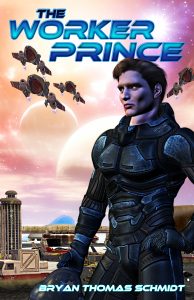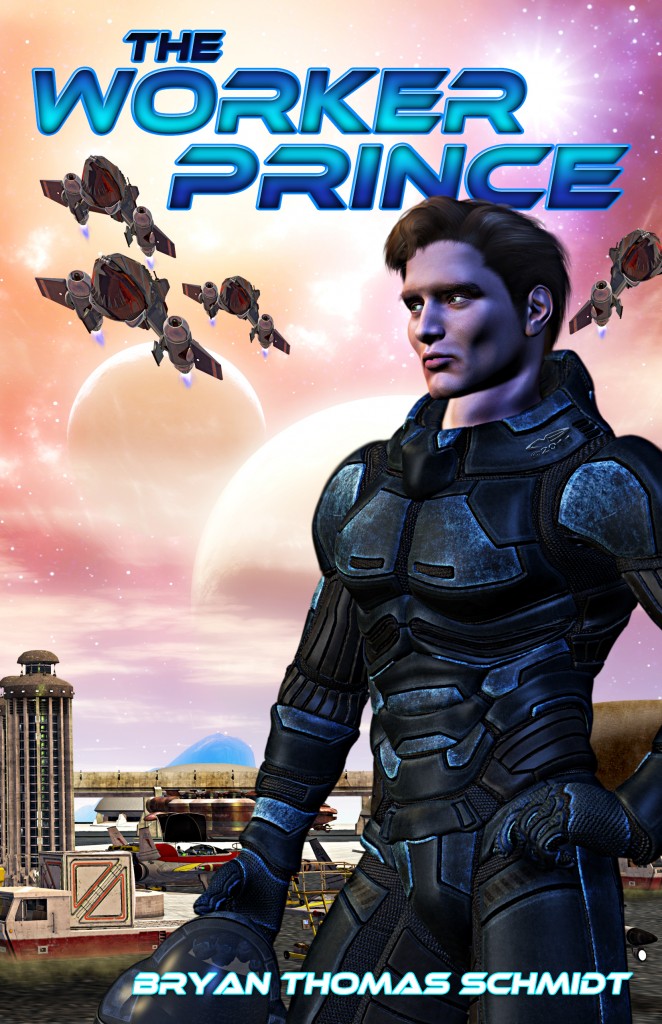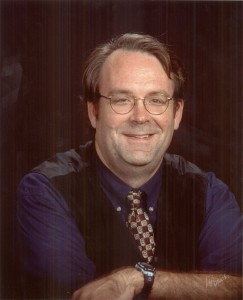 As my Holiday gift to fellow writers, who have been so supportive of the tips offered on this blog, I’ve compiled a list and brief descriptions of 15 really top writing resources to help you move forward in your growth as a writer. Links to either Amazon or Barnes & Noble are included for those who want to purchase the books or just read reviews. With the exception of one series, they’re individual books, organized by category. All on my shelf and well worth your time and money. Thanks again for the support you’ve shown me and this blog in 2011!
As my Holiday gift to fellow writers, who have been so supportive of the tips offered on this blog, I’ve compiled a list and brief descriptions of 15 really top writing resources to help you move forward in your growth as a writer. Links to either Amazon or Barnes & Noble are included for those who want to purchase the books or just read reviews. With the exception of one series, they’re individual books, organized by category. All on my shelf and well worth your time and money. Thanks again for the support you’ve shown me and this blog in 2011!
Standards:
On Writing by Stephen King — a go to book by a master storyteller. Part autobiography, part examination of craft and writing process. Widely recommended for all writers with good reason.
On Writing Well by William Zinsser — Yes, I know, the subtitle is about writing nonfiction. Don’t let that put you off. An amazing classic on how to write well which every writer of all genres and stripes should have on his or her shelf. Period.
Imaginative Writing: The Elements Of Craft by Janet Burroway — a standard textbook for MFA programs, very useful for any fiction writer. Really in depth examination of the elements of craft with exercises, tips and more.
Marketing:
Guerilla Marketing For Writers by Jay Conrad Levinson, Rick Frishman, Michael Larsen and David L. Hancock — Great tool to learn marketing on a budget. Walks you through all kinds of promotional resources you didn’t even know you had as well as breaking down the ones the pros use and how to plan your PR campaign like a pro. Very useful tool with great resources in the appendices as well.
Crossing The Chasm by Geoffrey A. Moore — great marketing book on the psychology of successful marketing and pushing through to the next level. A standard in marketing.
Getting Known Before The Book Deal by Christina Katz — A new standard for how to build your platform and audience well before your book’s release. A must read for writers of all levels.
Craft:
Screenplay by Syd Field — One of the all time most important books on story structure, often used at film schools, of great use to novelists as well. Learn how to follow the three act structure and develop your plot in a solid, powerful way.
Writing The Breakout Novel by Donald Maass — written by a leading literary agent with years’ experience selling books and writing them. Agent to many big name authors. A really powerful book for any author on how to make your novel top notch.
Revising Fiction by David Madden — a great book full of tips on how to revise your novel to the minutest detail. Covers anything and everything with good organizational suggests for how to approach it and think through later drafts. Out of print but well worth tracking down used and easy to find.
Writer’s Digest Elements Of Fiction Writing series — a series of books by successful authors like Orson Scott Card, Monica Wood, Nancy Kress and more covering specific elements in each book: Plot, Description, Setting, etc. Very useful tools. Like a classroom in your bookcase.
The 10% Solution: Self-Editing For The Modern Writer by Ken Rand — life changing, hands down. A great, short, concise editing methodology which will improve your writing over night. A must have for writers. The one writing resources I seared in my brain and use daily.
Resources:
The Writer’s Guide To Creating A Science Fiction Universe by George Ochoa and Jeffrey Osier — useful for any writer needing to learn worldbuilding. Although it’s specific to science fiction, the reasoning and tools apply to any genre. Very useful. Also out of print but easy to find used online.
Negotiating a Book Contract: A Guide For Authors, Agents and Lawyers by Mark L. Levine — Step by step guide to book contracts covers standard clauses, negotiation, and how to identify what you want and get it. A must read for anyone involved with book contracts by an author who also happens to be an attorney.
English Through The Ages by William Brohaugh — Another out of print gem which covers the origination of English words through history. Helps authenticate your language usage in writing novels set in particular periods, especially historical or fantasy ones. Easy to find used.
I Have This Nifty Idea…Now What Do I Do With It? by Mike Resnick — A collection of book proposals for best selling novels compiled and edited with commentary by Mike Resnick. If you hate writing outlines, proposals, synopses, etc., this is the book for you. How the pros did it. You can emulate it. Can be hard to find. Small press. But well worth the hunt.
 Bryan Thomas Schmidt is the author of the space opera novel The Worker Prince, a Barnes & Noble Best SF Releases of 2011 Honorable Mention, the collection The North Star Serial, Part 1, and has several short stories forthcoming in anthologies and magazines. His second novel, The Returning, is forthcoming from Diminished Media Group in 2012. He’s also the host of Science Fiction and Fantasy Writer’s Chatevery Wednesday at 9 pm EST on Twitter, where he interviews people like Mike Resnick, AC Crispin, Kevin J. Anderson and Kristine Kathryn Rusch. He can be found online as @BryanThomasS on Twitter or via his website. Excerpts from The Worker Prince can be found on his blog.
Bryan Thomas Schmidt is the author of the space opera novel The Worker Prince, a Barnes & Noble Best SF Releases of 2011 Honorable Mention, the collection The North Star Serial, Part 1, and has several short stories forthcoming in anthologies and magazines. His second novel, The Returning, is forthcoming from Diminished Media Group in 2012. He’s also the host of Science Fiction and Fantasy Writer’s Chatevery Wednesday at 9 pm EST on Twitter, where he interviews people like Mike Resnick, AC Crispin, Kevin J. Anderson and Kristine Kathryn Rusch. He can be found online as @BryanThomasS on Twitter or via his website. Excerpts from The Worker Prince can be found on his blog.
4 5-star & 9 4-star reviews THE WORKER PRINCE $3.99 Kindlehttp://amzn.to/pnxaNm or Nook http://bit.ly/ni9OFh $14.99 tpb http://bit.ly/qIJCkS.


